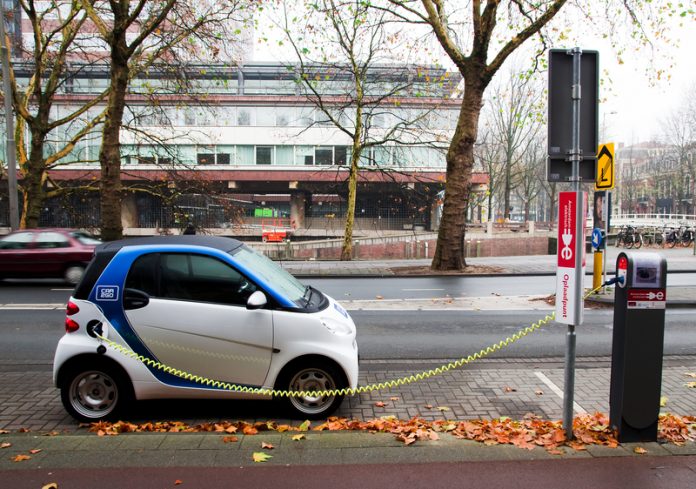The fuel efficient cars of the future will save money for consumers as well as being better for the environment, according to a new study from BEUC
A report commissioned by BEUC, the European Consumer Organisation, has found that fuel efficient cars will save consumers considerable amounts over the next decade, with the running costs of electric vehicles matching or even beating those of petrol cars by 2024.
The main finding of the new study is that owning and running a fuel-efficient car should become much more affordable between 2020 and 2030 compared with today, so long as new technologies are brought to the market as expected.
The report, titled ‘Low carbon cars in the 2020s: Consumer impacts and EU policy implications’, also found that consumers should save between €4,400 and €9,400 on average over the lifetime of a petrol or diesel car bought in 2025 compared to one in 2015.
“Consumers stand to win big from the cost savings of energy efficient technologies, whatever the type of car they choose to ride,” said BEUC’s Director General, Monique Goyens.
“Compared to 2015, filling the tank of a new petrol or diesel car bought in 2025 could save consumers on average €6,500 over the car’s entire lifetime. Electric vehicles should no longer be the privilege of the few but become affordable to the masses within the next decade.”
Fuel efficient technologies need policymakers’ support
While owners of used cars are set to gain the most from reduced fuel costs, all consumers will benefit from cars being more efficient and the knock on impacts of reducing demand for energy –whether future energy prices are high or low.
However, the report emphasises that new fuel efficient technologies need continued investment and binding EU CO2 reduction targets will be key to incentivise their market deployment.
“Today’s cars consume much more than manufacturers claim they do,” Goyens stated. “It is high time cars became a money saver instead of a money drainer. However, the change will not happen by itself, policy makers need to lock in the technology roll out. In 2017 we expect a proposal from the European Commission to drive down CO2 emissions including ambitious reduction targets for cars for 2025 and 2030.
“More electric cars on the road will also require more charging points. Consumers need certainty that refuelling will be convenient and accessible whether they want to charge at home, at work, or whilst on the road.”
A summary report can be found here, and the findings will be debated at an event in Brussels on 28 November. You can join the #lowcarboncars conversation on Twitter from 18:00 CET.











